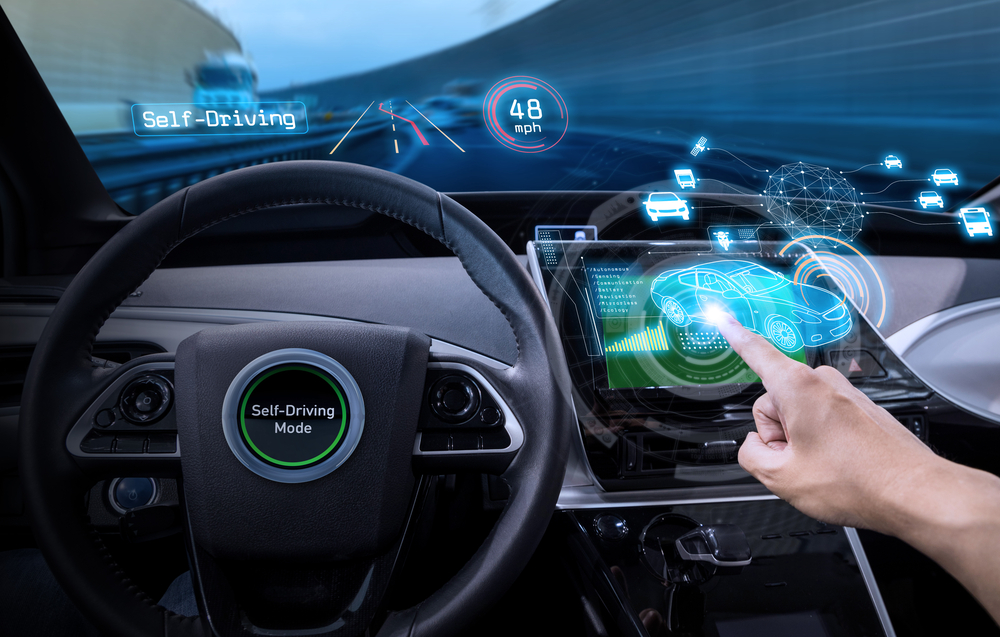The House Subcommittee on Digital Commerce and Consumer Protection held a hearing last week to discuss draft legislation on self-driving cars in an effort to best capitalize on this burgeoning technology.

The discussion focused on how lawmakers can further refine language to promote the safe deployment of self-driving vehicles. There was also discussion on how to foster innovation, and expand economic opportunities related to this technology and the need to clarify state and federal regulations and policy.
Subcommittee Chair Bob Latta (R-OH) said self-driving cars can play a big role in reducing fatalities.
“Last year there were over 40,000 fatalities and more than 2 million injuries on our nation’s highways,” Latta said. “Our goal today is to enact the right policies to encourage self-driving technologies that can drastically reduce those numbers. We have a real opportunity to address this problem.” He added, “[t]his isn’t the government saying you have to get in a self-driving car. This is government making sure that industry can innovate in response to our changing lives.”
Mitch Bainwol, president and CEO of the Alliance of Automobile Manufacturers, talked about the societal benefits of self-driving vehicles, and the new opportunities this technology creates.
“Self-driving technologies will potentially save thousands of American lives annually, addressing a large portion of roadway fatalities and crashes associated with human error,” Bainwol said. “Cars with self-driving features also offer huge quality of life benefits – access for the disabled and elderly; time saved by being driven rather than driving so the commuting time can be spent on more productive activities; and the increased freedom that comes from quicker trips due to less congestion.”
John Bozzella, president and CEO of the Association of Global Automakers, said Congress and the Trump Administration need to develop a national approach to automated vehicle policy. A patchwork of state regulations will lead to conflicting rules that could delay deployment of technologies.
“To be competitive in the global self-driving vehicle market, the United States needs to make sure that innovators face a single set of standards as opposed to a patchwork of standards from different states. Without preemption, we risk impeding our innovators and ceding our leadership in this industry,” Tim Day, senior vice president of the Chamber Technology Engagement Center at the US Chamber of Commerce, said.
Rep. Greg Walden (R-OR), chairman of the Energy and Commerce Committee, said it is important to keep America at the forefront of this technology.
“We’ve been on the cutting edge, and we can continue to be on the cutting edge. But the long and short of it is that this new technology has great opportunity to save lives. I’ve seen it first hand in the vehicle my wife has,” Walden said. “I believe we are on the cusp of something big, and I think that future generations will look back and say, ‘What a bunch of barbarians. You drove yourselves?’”
The draft of the current bill includes the creation of industry advisory councils to help with the process.